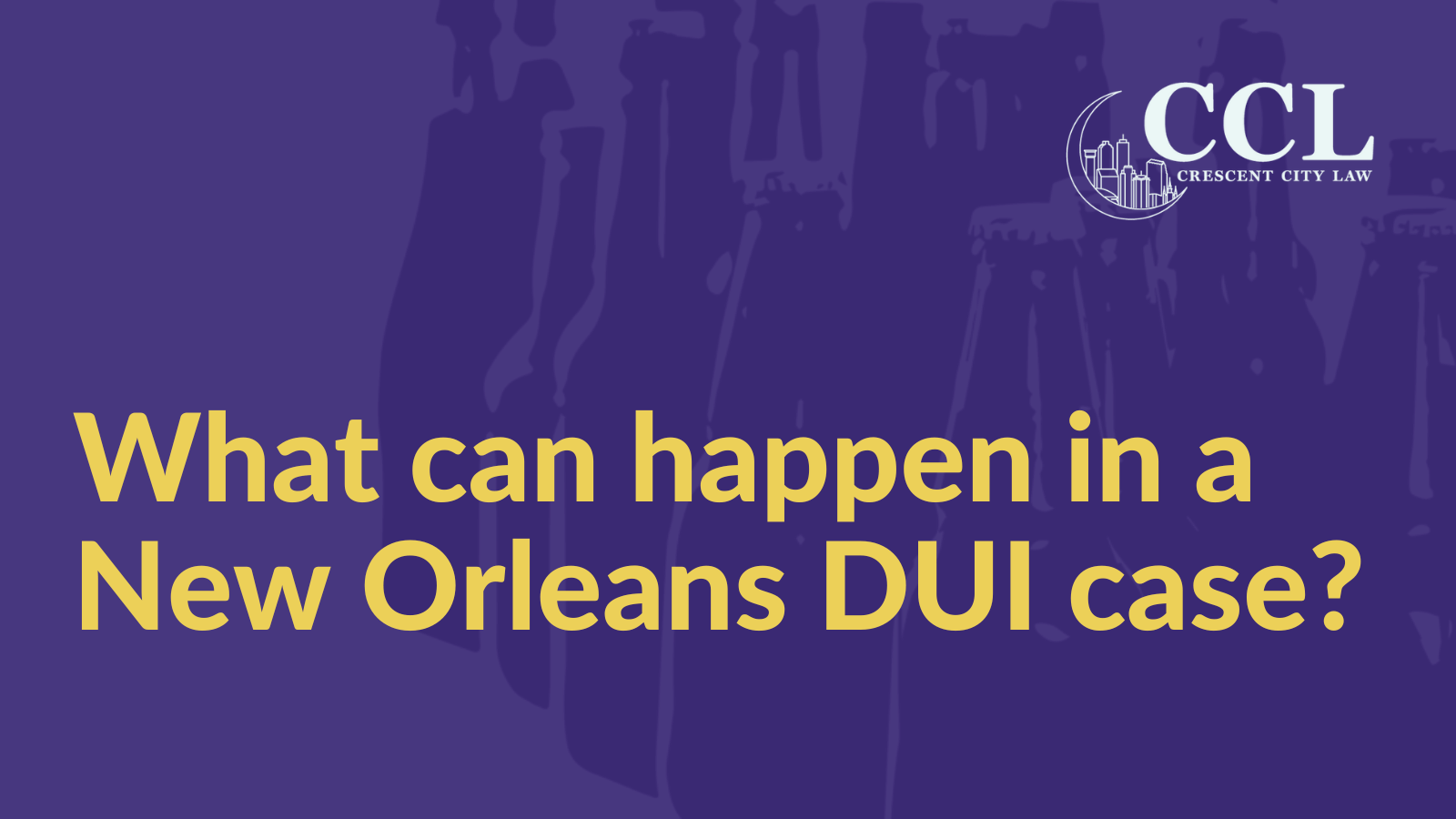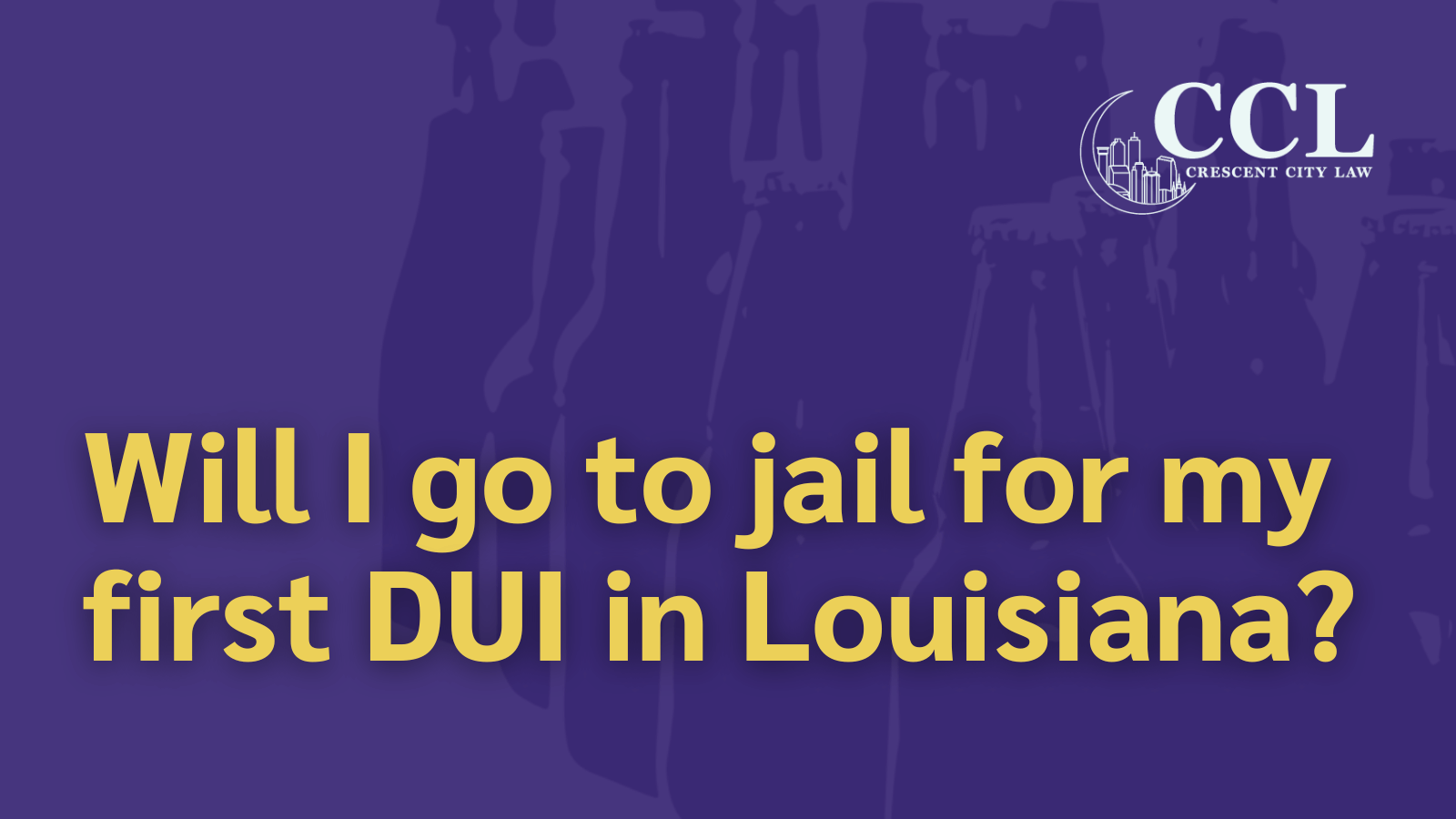SCOTUS: Juror-Bias Can Overturn a Court Case | Racial Bias
On March 7, 2017, the U.S. Supreme Court held that when a juror makes a clear statement indicating they relied on a racial stereotype, racial bias, or racial animus to convict a criminal defense, the 6th Amendment of the United States Constitution requires that the no impeachment rule give way in order to permit the trial court to consider evidence of the statement and any resulting denial of the jury trial guarantee. In short, if a juror uses race a factor for determining guilt, a defendant’s conviction can be overturned.
Miguel Pena-Rodriguez, a Colorado man who was convicted of unlawful sexual contact with two teenage girls. After the trial and conviction, one of the jurors admitted that race was a factor used by at least one other juror as a factor in the defendant’s conviction. Pena-Rodriguez’s lawyers claimed that the verdict was unconstitutionally racially biased, and the only way to over-turn the conviction was through the juror’s testimony. Sadly, Colorado state law prohibits jurors from testifying before a trial court about statements made during deliberations. So, the defendant’s lawyers appeal the Colorado state law as being unconstitutional all the way up to the Supreme Court of the United States.
Supreme Court’s Decision on Juror-Bias | Racial Bias | New Orleans Criminal Defense
The Supreme Court struck down Colorado’s law in a 5 to 3 decision and remanded the case to State court for further consideration. In their decision the Supreme Court acknowledged the sanctity of jury decisions and that we should not try to impeach their privacy in the deliberation room. The rule allows “full and vigorous discussions” among jurors, who do not need to worry about later efforts to pry into those deliberations and “gives stability and finality to verdicts.”
The court opined that courts must be very careful when peering into deliberations between jurors about a case, but found that racial bias is different and more serious than the concerns that led the court to reject proposed exceptions to the “no impeachment” rule. Racial bias in jury deliberations threatens not only the case, but also the justice system in whole.
“Generic questions” about racial bias do not expose risk to the justice system most of the time, while specific questions could make the problem worse. Jurors are more reluctant to report racial bias by fellow jurors as well. The court concluded that “a constitutional rule—that racial bias in the justice system must be addressed, including, in some instances, after the verdict has been entered—is necessary to prevent a systematic loss of confidence in jury verdicts, a confidence that is central premise of the Sixth Amendment trial right.”
On the other hand, a defendant must show that one or more jurors made statements during deliberations that exhibited overt racial bias or hostility in order to show that one or more jurors is casting serious doubt on the fairness and impartiality of the jury’s deliberations and resulting verdict. SCOTUS says, “To qualify, the statement must tend to show that racial animus was a significant motivating factor in the juror’s vote to convict.”
Retrial or Mistrial in Your Case? | Racial Bias | New Orleans Criminal Lawyer
It is unclear whether this decision will be applied reactively to cases which have already been decided. Louisiana Law makes it very difficult to attack a conviction once the sentence is executed (usually when the person is ‘committed’ to the department of corrections or begins their probationary period).
The judges who did not vote for this ruling argue that future jurors may not be completely open and honest in their deliberations if they fear that the content of the discussions may be publicly disclosed later. Jurors will fear of harassment from the losing attorneys and could discourage potential jurors from serving on juries at all. “And the finality of jury verdicts will be undermined if motions for a new trial based on juror bias can be made long after the verdicts has been rendered.”
There was no decision about the procedures courts should take when a defendant seeks a new trial based on testimony that one or more jurors was racially biased. This means that moving forward, as a defendant, if there is suspected racial bias of a conviction, it may be a long fight to retrial.
Free Initial Consultation | 504-264-9492
Contact us today by filling out a contact form or by calling 504-264-9492 to schedule a free consultation. Evening, weekend and off-site meetings are available by appointment.






